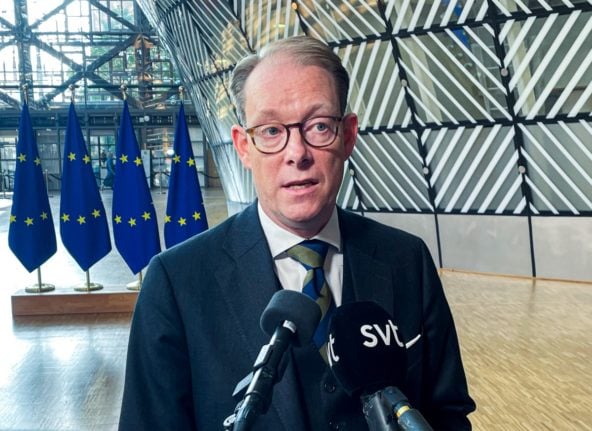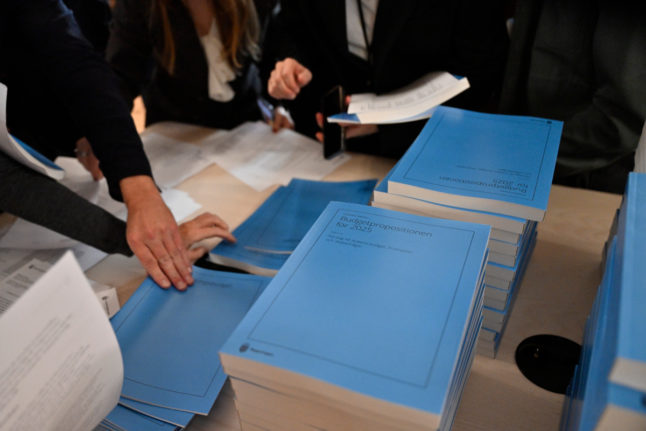Billström, who oversaw Sweden’s accession to Nato and the fraught negotiations leading up to it, said in a post on X that he would step down formally from his position next week.
“It is with a mixture of sadness and pride that I have today informed the Prime Minister that in connection with the opening of the Riksdag on Tuesday, I am leaving my post as foreign minister,” he said.
Billström gave no reason for his decision and no indication of what he planned to do next, saying only that the decision “had not been simple” and had been something he had “considered and processed for a long time”.
He said that he had been active in politics for 25 years, ten of which he had spent as a minister, first as Migration Minister in the government led by Fredrik Reinfeldt and most recently as Foreign Minister.
“I am going to leave politics completely. That means that I am also leaving my seat in parliament,” he said. “But I am only 50 years old and look forward to working hard and contributing in another role where my engagement can bear results.”
He said he was “happy and extremely proud” over what had been achieved, mentioning Sweden’s accession to the Nato security alliance.
“Ths significance of this for the security of Sweden and our Nordic and Baltic neighbours is almost impossible to overeestimate,” he said.
Shortly after his statement Prime Minister Ulf Kristersson posted a statement on Instagram thanking Billström for the effort he has put in during his time in politics.
“Tobias has done his national service with flying colours,” he said, adding that the two last years as Foreign Minister have “perhaps been the most wearing of all.”
“On a personal level, Tobias shines with calm and competence,” he added. “He cares about the opinions of others without diverting from our common direction.”
Kristersson hinted that Billström may already have another job lined up.
“I have a strong belief in the importance of moving between politics, administration and business, so that you get experience from more than one place,” he said. “So don’t be surprised if we see Tobias Billström in another new official role, either in Sweden or overseas.”



 Please whitelist us to continue reading.
Please whitelist us to continue reading.
Member comments